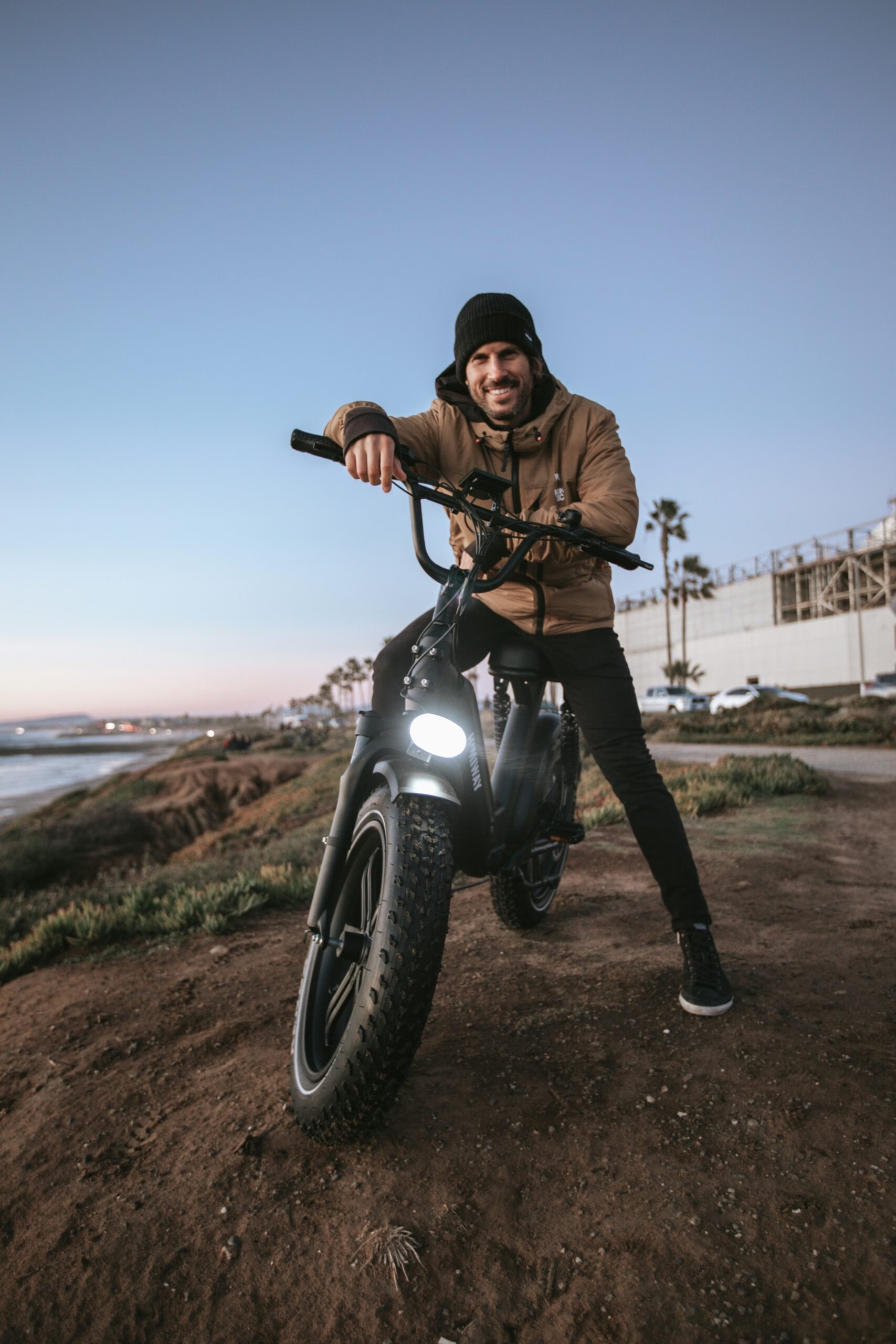Two announcements caught our eye recently. The first was Spiro in Africa, announcing a strategic partnership with Ace Green Recycling Inc. for battery recycling. Spiro is the market leader in Africa in terms of electric motorcycles and batteries deployed. Taking the lead in circularity should have a positive influence on other participants.
Ace Green Recycling, Inc. is a leading sustainable battery recycling technology provider. The USA-Singapore-India-based company would recycle end-of-life batteries for Spiro and waste from Spiro’s battery manufacturing facilities. Ace would be Spiro’s exclusive global preferred recycling partner. The strategic joint venture will boost Africa’s circular economy.
With the BodaBodas being electrified rapidly, we see the African market with immense growth potential. Spiro’s move to recycle batteries would push the others to follow suit.
Spiro’s battery packs are predominantly LFP. While chemistry is known for its longer cycle life, the African market has one of the highest daily usages per unit for electric two-wheelers.
The second announcement was from Honda in India. As part of their recent global business briefing, Honda announced that it had signed an agreement with OMC Power to recycle MPPs for their second-life deployment. The MPPs, especially the ones in India, are fresh and not headed for a second-life deployment anytime soon. However, planning and preparing for the same is quite important.
Unlike most of the other participants in the Indian market, Honda has the responsibility for its batteries throughout their life. The MPPs are also captive within Honda and its partners’ ecosystem, so managing a second life and eventual recycling is the responsibility of the manufacturer.
The second-life MPPs would be deployed through OMC Power in regions of India with unstable electricity. They would work as power backup solutions in conjunction with a solar-powered grid in non-electrified areas.
Impact
While Europe leads the way, markets like India and Africa, the actual volume leaders, are laggards in enforcing the responsibility of battery recycling. The pre-emptive steps taken by Spiro and Honda are encouraging and (hopefully) would push the entire ecosystem to design for battery recycling.


